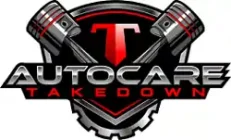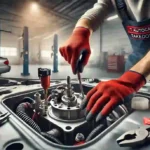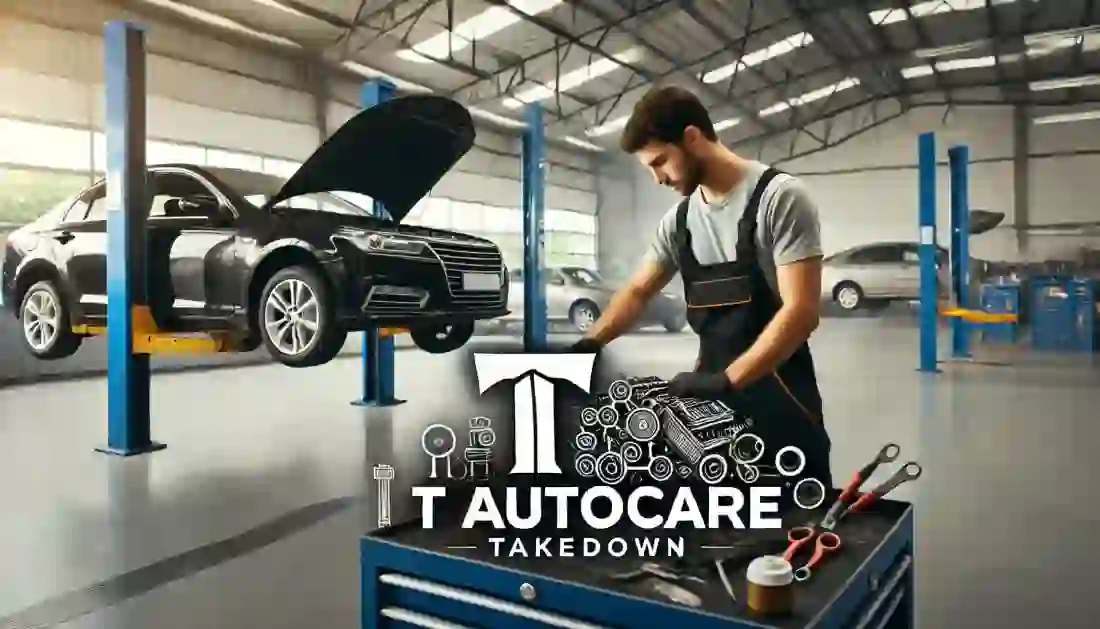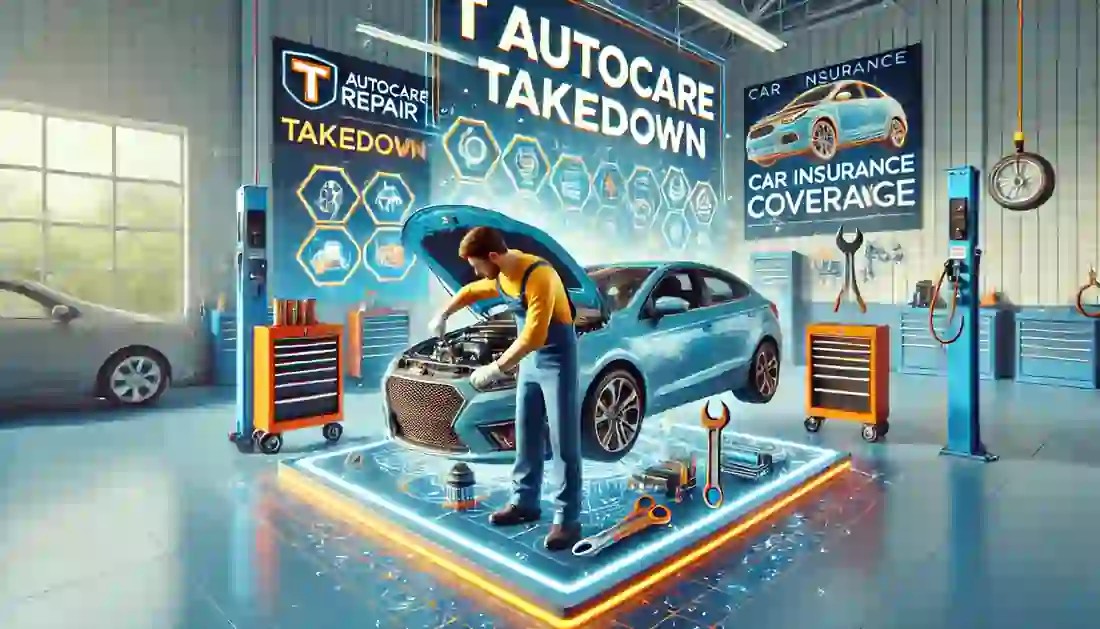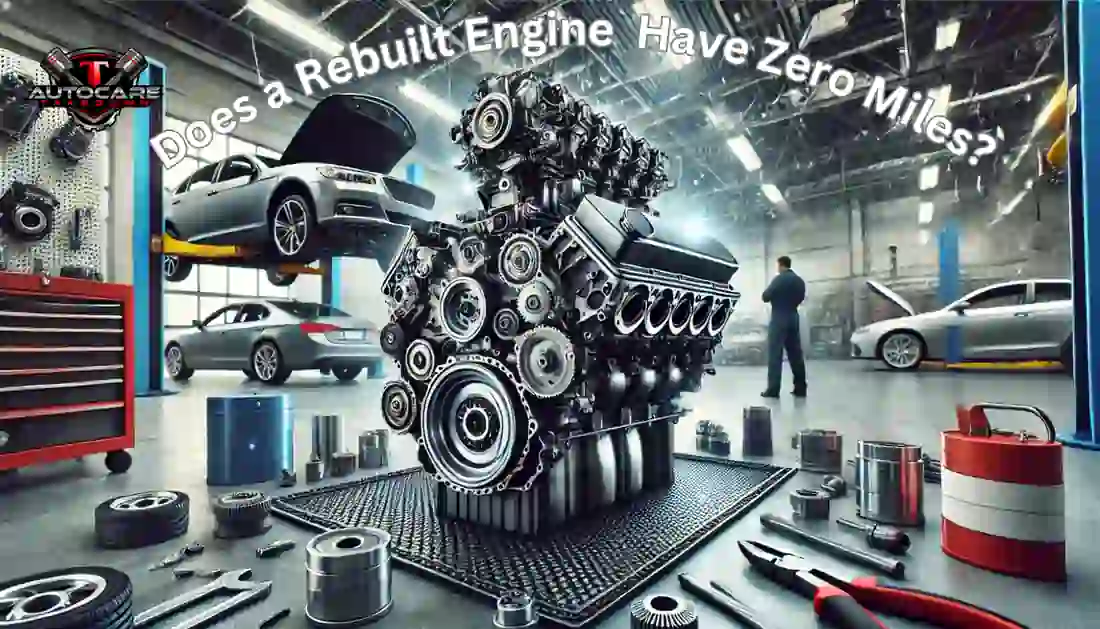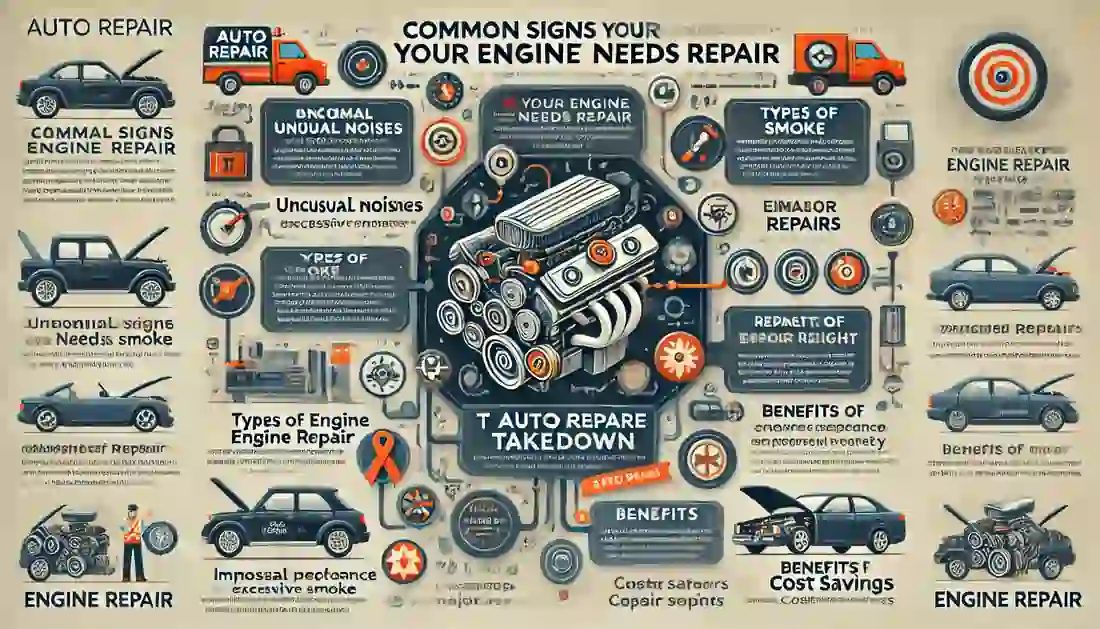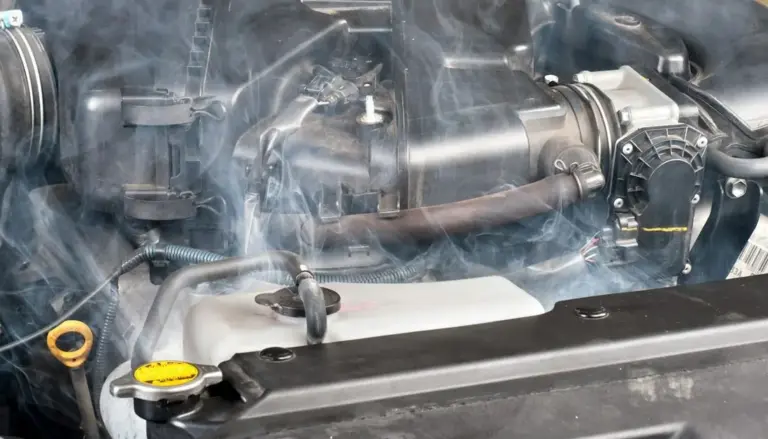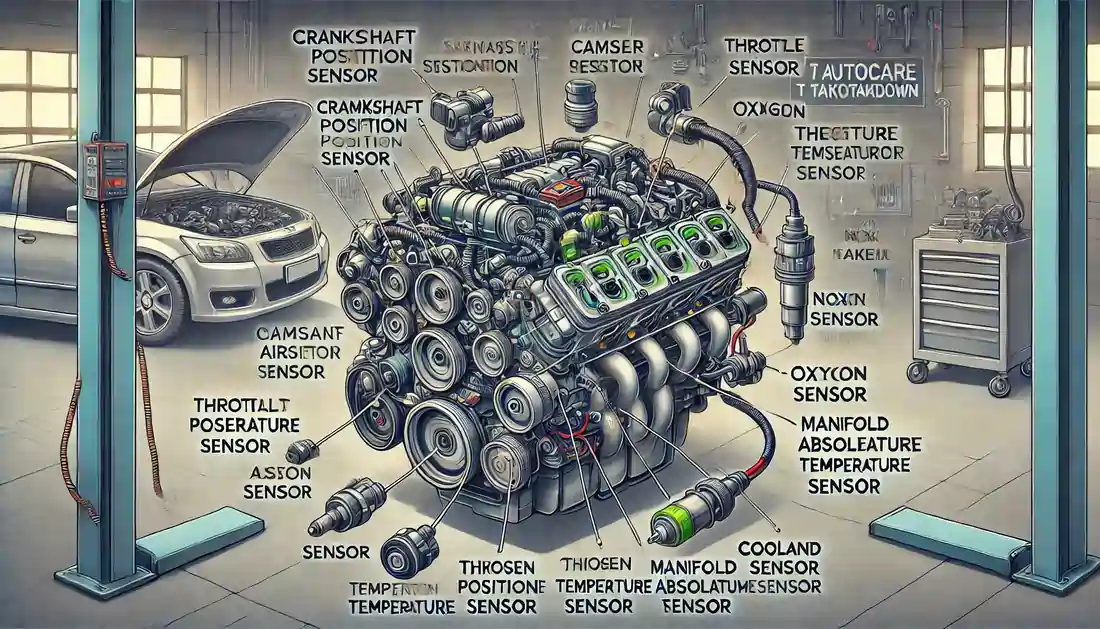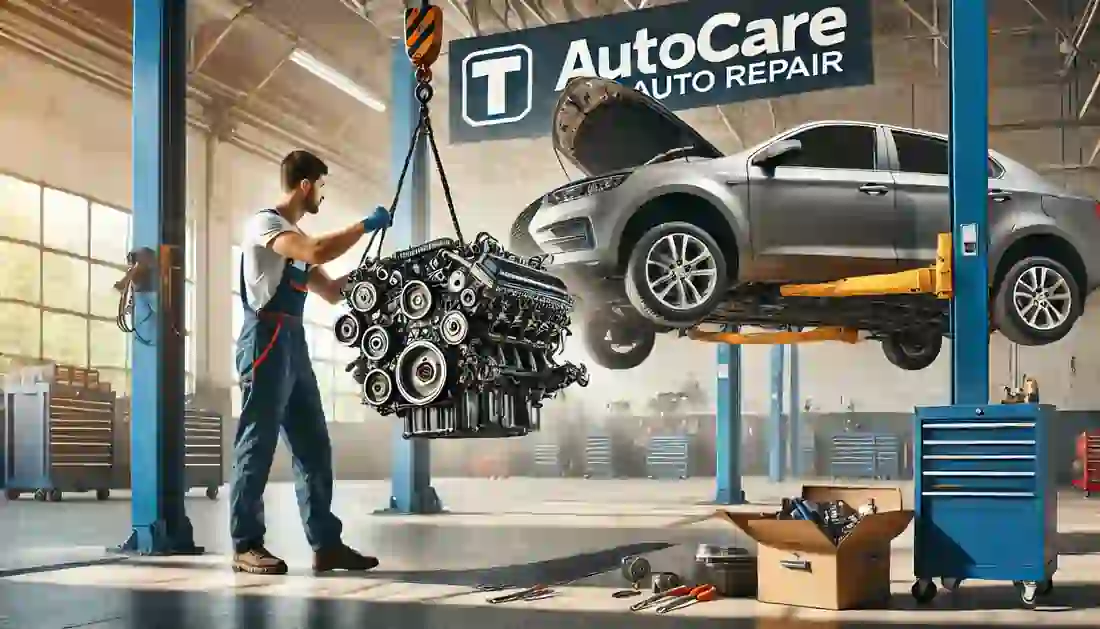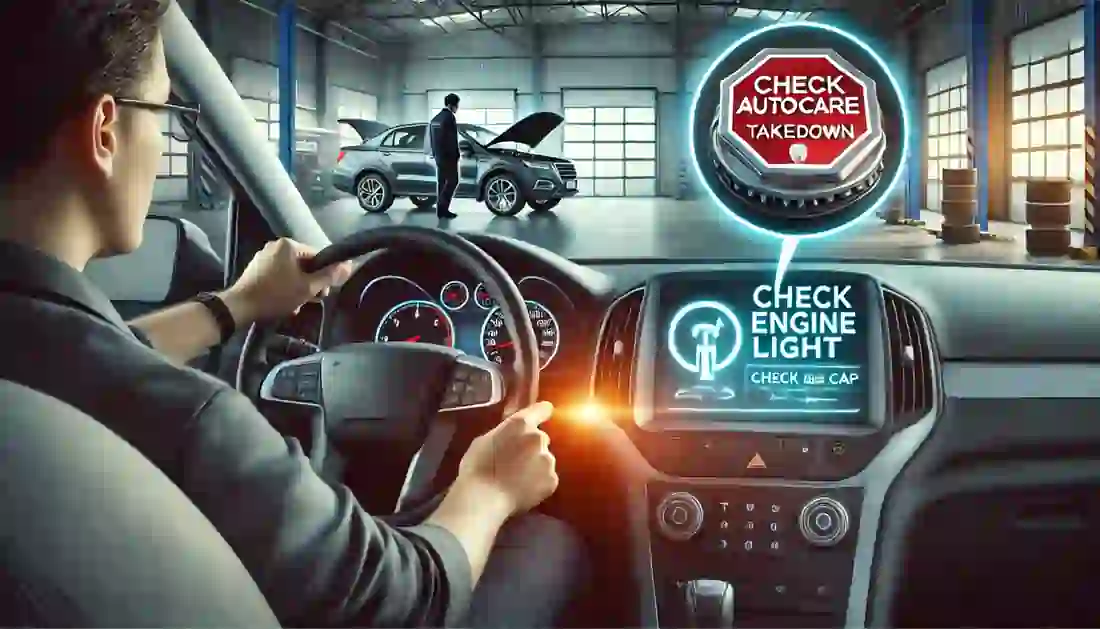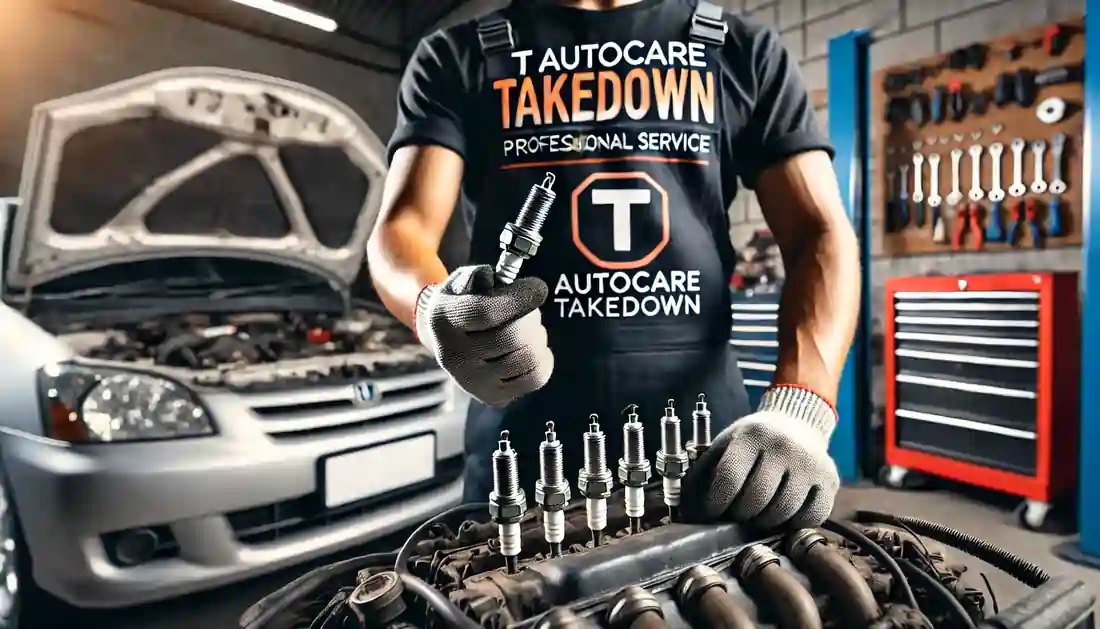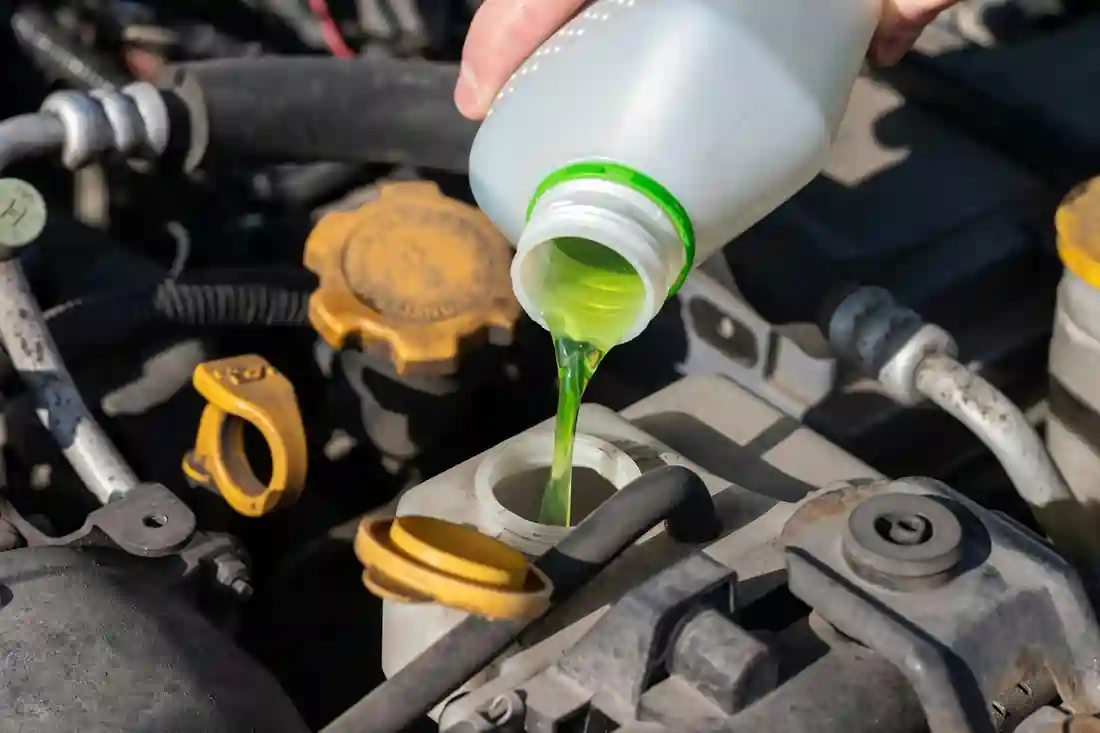Engine damage is a significant concern for any vehicle owner.
At T Autocare Takedown, we understand the stress that comes with engine issues and are here to provide comprehensive solutions. This article explores whether engine damage can be repaired, the types of damage, and the steps you can take to ensure your engine remains in optimal condition.
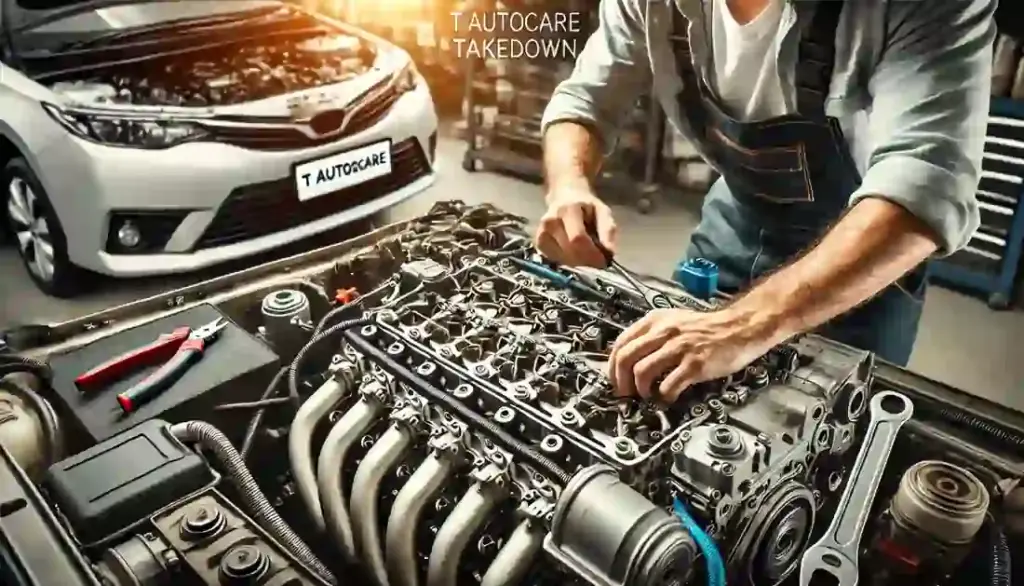
Engines are complex and vital components of any vehicle. When they suffer damage, it can be daunting to determine the extent of the problem and whether it can be fixed.
The good news is that many types of
engine damage can indeed be repaired.
Understanding the nature of the damage and the repair options available can help you make informed decisions about your vehicle.
Our auto shop offers comprehensive solutions for vehicle service in Broken Arrow to help you get back on the road quickly and safely.
Types of Engine Damage
Engine damage can range from minor issues to catastrophic failures. It’s important to learn common types of engine failure and how to prevent them.
Here are some common types of engine damage that can occur:
Overheating
Overheating can cause significant damage to various engine components. This often results from coolant leaks, a faulty thermostat, or a failing water pump. Overheating can warp the cylinder head, damage the head gasket, and cause other critical issues.
Lack of Lubrication
Engines require proper lubrication to function smoothly. Low oil levels or using the wrong type of oil can cause friction, leading to worn-out bearings, damaged crankshafts, and scored cylinder walls.
Mechanical Failures
Mechanical failures such as broken timing belts, damaged pistons, or valve failures can severely impact engine performance. These issues often result from wear and tear or poor maintenance.
Contamination
Contaminants like dirt, debris, and sludge can infiltrate the engine and cause blockages or abrasive wear. This contamination can stem from dirty air filters, old oil, or a compromised fuel system.
Assessing Engine Damage
What is engine repair? Engine repair is the process of fixing a malfunctioning or damaged engine.
Before repairing engine damage, it’s crucial to accurately assess the extent of the problem. It’s also helpful to understand the pros and cons of replacing a car engine before making a decision. Here are steps to take when diagnosing engine issues:
Visual Inspection
A visual inspection can reveal obvious signs of damage such as oil leaks, cracked hoses, or corroded components. Look for these indicators to get an initial understanding of the engine’s condition.
Diagnostic Tools
Modern vehicles are equipped with onboard diagnostics (OBD) systems that can identify engine problems. Using a diagnostic scanner, mechanics can read error codes and pinpoint the issues.
Compression Test
A compression test measures the pressure in each cylinder, helping to identify issues like worn piston rings or a blown head gasket. This test provides insights into the engine’s internal condition.
Repair Options
Depending on the type and extent of engine damage, various repair options are available. Here are some common solutions:
Minor Repairs
Minor issues such as replacing a faulty sensor, repairing a small oil leak, or cleaning the fuel system can often be resolved quickly and affordably.
Component Replacement
In cases where specific components are damaged, replacing them might be the best option. This includes changing out parts like the water pump, timing belt, or spark plugs.
Engine Rebuild
For more extensive damage, an engine rebuild might be necessary. This involves disassembling the engine, cleaning and inspecting all parts, and replacing worn or damaged components.
Engine Replacement
If the damage is too severe, an engine swap may be the most viable solution. While this is a more costly option, it can extend the life of your vehicle significantly.
Preventive Measures
Preventing engine damage is always better than repairing it. Here are some preventive measures to keep your engine in good condition:
Regular Maintenance
Regular auto maintenance is one of the key benefits of engine tune-ups. This includes timely oil changes, replacing air and fuel filters, and following the manufacturer’s maintenance schedule.
Quality Parts and Fluids
Using high-quality parts and fluids ensures that your engine runs smoothly. Invest in good oil, filters, and other components to prevent premature wear and damage. It’s also important to understand the types of fuel additives that can enhance engine performance and protect your fuel system over time.
Monitor Engine Performance
Pay attention to any changes in engine performance. Unusual noises, decreased power, or warning lights should prompt immediate inspection to catch potential issues early.
Conclusion
Engine damage can often be repaired, allowing you to extend the life of your vehicle. At T Autocare Takedown, we offer expert diagnostics and vehicle services in broken arrow to address all types of engine issues. Trust our experienced mechanics to provide the best care for your vehicle.
Contact Us:
- Address: 1501 W Detroit St, Broken Arrow, OK 74012
- Phone: (539) 367-3738
If you’re in need of Broken Arrow engine repair, don’t hesitate to reach out to T Autocare Takedown for professional assistance and top-quality service.
